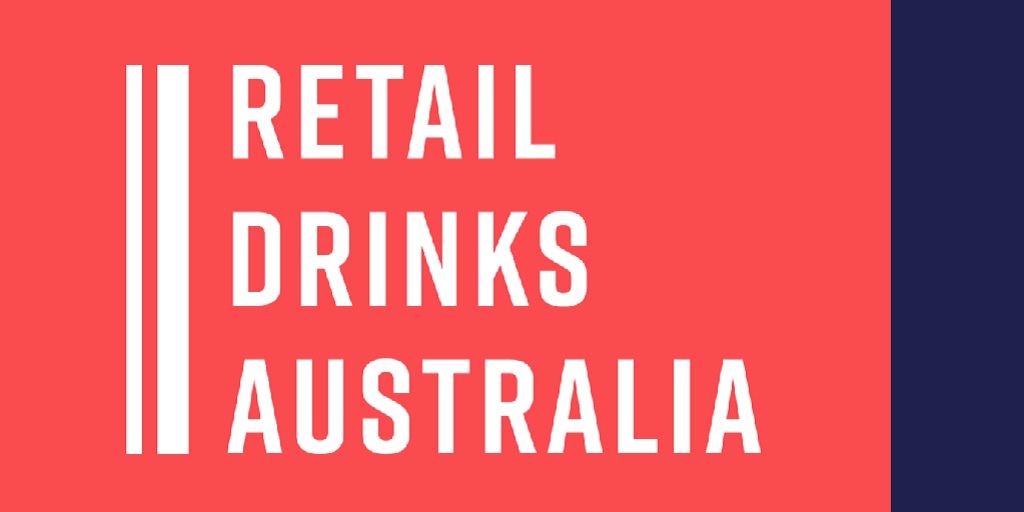
Retail Drinks releases online alcohol sale research
Content published as an Announcement is produced by the business(es) named in the announcement and remains unedited by Brews News.

A groundbreaking report released today by Frontier Economics and commissioned by Retail Drinks Australia (Retail Drinks) has dispelled common misconceptions surrounding consumer behaviour in the Australian online liquor market.
Based on millions of real time transactions from retailers, marketplaces and delivery partners nationwide, the Online alcohol sales and delivery in Australia report provides new insights into how consumers utilise online platforms to purchase liquor.
“The report is the first of its kind, using retailers’ actual data to provide the most comprehensive view of the online alcohol delivery market in Australia,” Retail Drinks CEO Michael Waters said.
“There is a growing misperception that online purchasing is fuelling a generation of tech-savvy liquor consuming millennials. However, this report debunks such myths with empirical evidence.
“Rather than relying on extrapolations from anecdotes or sample surveys, this exhaustive research reveals that consumers only use online purchase and delivery a couple of times a year, the vast majority are comfortable receiving their products in the days after placing their orders, and it is most used by people aged over 35.
“Nationwide data shows that most people still prefer the traditional in-store experience, with online purchases representing just 13% of all retail liquor transactions, though there are signs of growth.
“In addition, the findings reveal that the primary users of online liquor websites tend to be older individuals. The 36 to 45 and 46 to 55 year age groups are the most frequent users, also displaying a higher spending propensity.
“Moreover, these individuals predominately reside in inner-city urban areas of major metropolitans rather than rural regions.
“The report also dispels the notion that online orders are mostly made by heavily intoxicated individuals with a desire to continue consuming immediately.
“Contrary to popular belief, most people place online orders around dinner time regardless of whether they request same day delivery or delivery at a later date, with 65% requesting a different day.
Mr Waters also said the report invalidates the claim that online delivery leads to easier underage access to alcohol.
“The findings indicate that postcodes with higher concentrations of 16 and 17 year olds do not experience increased online sales. On the contrary, they tend to have fewer online sales.
“It’s clear our Online Code of Conduct is working. Introduced in 2019, it requires delivery drivers to have RSA qualifications, implements age verification procedures, bans same day unattended deliveries, and blocks out times for deliveries, to name just a few of the rules placed on signatories to the Code,” Mr Waters said.
Key findings from the report include:
- In 2021-22, total online alcohol sales accounted for 13% of total retail liquor sales;
- The vast majority of online alcohol sales (65%) are not purchased for delivery on the same day;
- Same day alcohol deliveries are significantly lower in value;
- Online purchases for express delivery (within 2 hours) account for less than 22% of sales, with less than 8% of this delivered within 30 minutes;
- Customers order infrequently, with the median customer ordering just once or twice a year;
- Same day alcohol deliveries are concentrated in the late afternoon/early evening hours (peaking at 6pm to 7pm), and this varies little by day of the week;
- There is little impact of time between order and delivery, and the delivery times of order, which goes against the idea that same day deliveries are used to extend drinking sessions;
- Most online customers purchasing alcohol for delivery are aged 35 years and over;
- Younger customers spend less per order and purchase fewer drinks per order;
- Same day delivery customers are concentrated in high-income inner-city areas, and primarily in the state capitals;
- Beer and cider account for the largest share of total delivered online sales (41%), and wine accounts for the largest share of same day delivered sales (35%);
- Ready-to-drink spirits account for the smallest share of total delivered online sales, whether same day (11%) or non-same day (7%);
- Postcodes with higher shares of 16–17 year olds do not have higher online sales, which does not support the hypothesis that online alcohol sales and deliveries increase accessibility for underage drinkers; and
- Delivery and industry compliance data indicates that checks are undertaken for age and intoxication and orders are refused on this basis.



